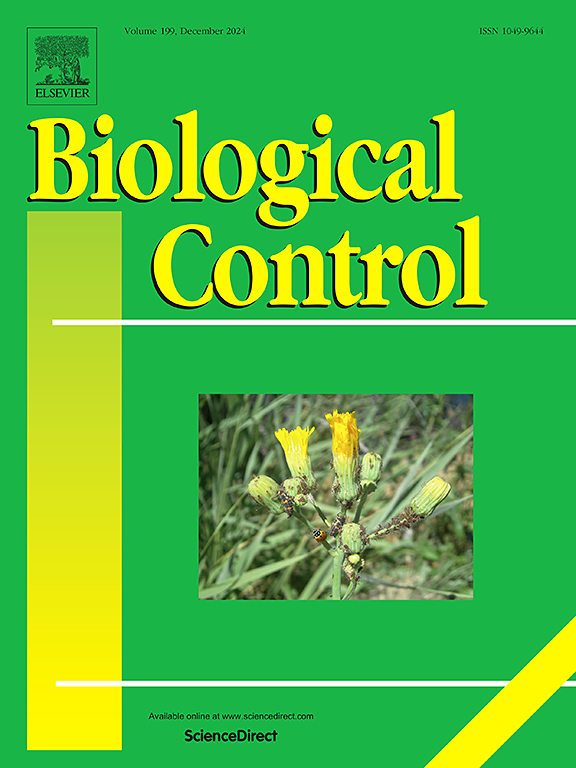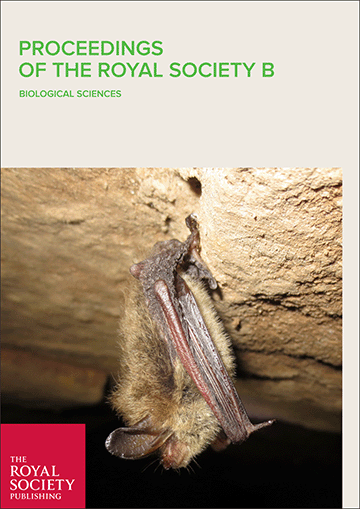Key messages
- The functionality of the multi-stakeholder forum (MSF) is undermined when actors prefer to negotiate independently with the Reserve’s co-management partners (Peru’s Natural Protected Areas Service and the Executor of the Administrative Contract of the Amarakaeri Communal Reserve)
- Although active participants in the MSF recognize its key achievements, such as the intercultural co-management of forest conservation and development for indigenous peoples, they do not have a systematic way to monitor their progress and results.
- Reflection on the lack of women’s participation is needed, especially of indigenous women leaders, as well as the lack of a greater diversity of actors in this open and voluntary space. This includes the perception that even when women are present, they are not able to participate effectively.
- The exclusion of non-indigenous local actors from the MSF may affect its long-term effectiveness
Download:
Publication year
2019
Authors
Center for International Forestry Research (CIFOR)
Language
English
Keywords
community forestry, protected areas, conservation, indigenous people, women's participation
Geographic
Peru
























